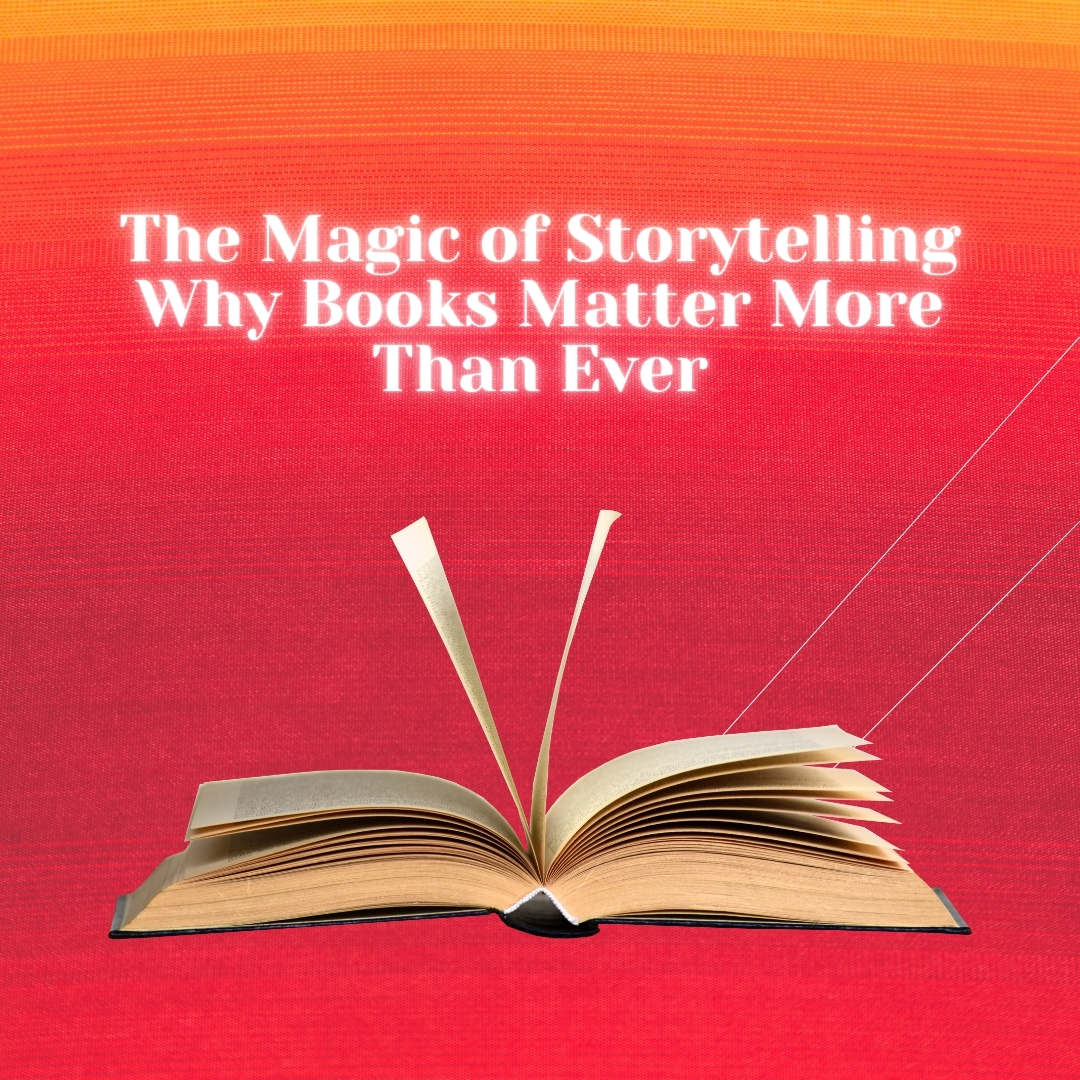In an era dominated by fleeting social media posts and bite-sized content, books remain a powerful tool for knowledge, inspiration, and emotional connection. Whether it’s a self-help book that fuels personal growth, a novel that transports us to another world, or a memoir that offers life-changing wisdom, books hold the magic to transform lives.
Books as Windows and Mirrors
Books are unique in their ability to serve as both windows and mirrors. They allow us to see into experiences beyond our own—helping us develop empathy and understanding for different perspectives. At the same time, they act as mirrors, reflecting our struggles, aspirations, and emotions back at us.
For example, Navigating Dreams, a book by technopreneur Dr. Noman Said, tells the story of ambition, perseverance, and purpose. It’s not just a guide but an emotional journey, helping readers navigate their own goals while also making a real-world impact through its charitable initiative with SOS Village Pakistan.
The Power of Reading in Personal Growth
Reading is more than entertainment—it’s an investment in personal growth. Books provide access to knowledge that can sharpen our critical thinking, enhance problem-solving skills, and improve emotional intelligence. Countless leaders and visionaries credit reading as a key factor in their success.
Why Writing a Book is an Important Pursuit
If books hold so much power, then writing one can be just as transformative. Whether you’re an entrepreneur sharing insights, a storyteller creating a fictional world, or an expert offering guidance, writing a book gives your voice a lasting impact.
Books as Catalysts for Change
Throughout history, books have been at the heart of revolutions, intellectual movements, and social change. From classic literature that questioned societal norms to modern self-help books that redefine success, reading has the power to shift mindsets. Whether it’s The Alchemist inspiring self-discovery or Atomic Habits promoting personal discipline, books continue to serve as guides for transformation. Even in a digital world, their influence remains unmatched, shaping thought leaders, policymakers, and everyday readers alike.
The Therapeutic Effect of Reading and Writing
Books are more than just sources of knowledge; they offer comfort and healing. Many turn to reading as a way to escape stress, while others find solace in writing their own stories. Journaling and creative writing are often used in therapy to process emotions and gain clarity. Writing a book, much like reading one, can be an act of self-discovery—whether you’re sharing personal experiences, fictionalizing your emotions, or documenting knowledge to help others. This is why authorship isn’t just about publishing—it’s about creating something meaningful that leaves a lasting impact.
The Enduring Legacy of Books
In a fast-paced world where digital content is consumed in seconds, books offer something rare—longevity. Unlike social media posts that fade into obscurity, books remain relevant for generations. They serve as time capsules of knowledge, preserving ideas that can inspire future readers. Whether you’re reading or writing, books connect past, present, and future, leaving a legacy far beyond a single lifetime.





